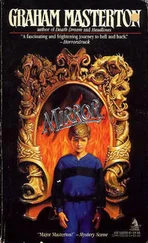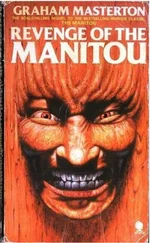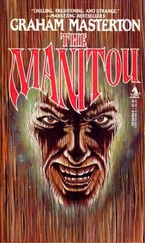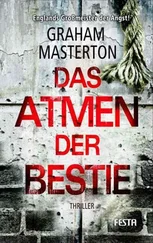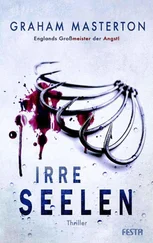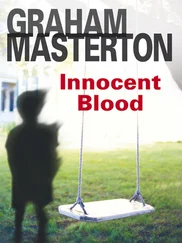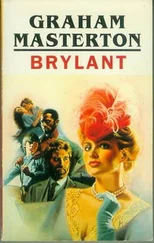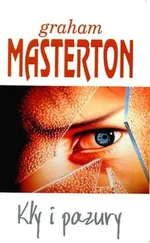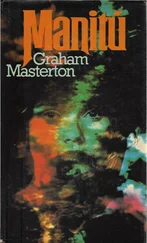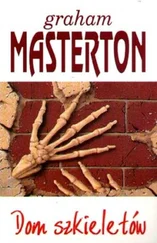“But if we do.”
“Even if we do, how are we going to be able to tell if it’s serious or not? They don’t speak English here, they speak Sarcastic. ‘Wordsworth went home and wrote it’ – haw, haw, haw. No wonder they lost the Colonies.”
By the time they had finished their pizza it had stopped raining and a sick, watery sunlight was shining down the Earl’s Court Road. They fastened their “Have You Seen This Girl?” posters of Julia on to the front of their windbreakers with safety pins and stood against the railings right outside the station entrance. Rush hour was approaching, and every time a train arrived another surge of people came hurrying out, all elbows and umbrellas and grim, tired, determined faces. At the same time there was a sluggish cross-tide of people walking up and down the sidewalk in front of the station, and people stopping to buy copies of the Evening Standard from the newsstand, and people just milling around as if they had nothing to do and no place to go.
Josh and Nancy stood there for three and a half hours, until the rush hour subsided and the streetlights came on. They had almost given up when a black mongrel with a pointed nose came trotting out of the station entrance. It wore bells around its collar and a little sheepskin coat. It seemed to be on its own, and Josh immediately stuck two fingers in his mouth and gave it a high, piercing whistle. It stopped and stared at him with bulging amber eyes, one ear floppy and the other pricked up.
“Here,” called Josh. He pointed his finger at the dog, and then drew it downward to point to a place by his side. The dog looked around with a querying expression on its face, as if it were asking the crowds of people in the station entrance what the hell this was all about, all this whistling and pointing. But Josh repeated his gesture and the dog obediently walked up to him.
“Sit right there,” Josh ordered, and it sat. “I don’t know what you’re doing, running around on your own without a leash, but that’s pretty heavy traffic out there. You try crossing that street in that little coat of yours, you could end up looking like a sheepskin tortilla.”
Nancy hunkered down beside the dog and stroked him. “Hi, little fellow! He’s cute, isn’t he? What breed do you think he is?”
“You mean, what breed do I think he isn’t ?”
Nancy took a bag of dried apricot slices out of her pocket and held one up in front of the dog’s nose. “You want some organic fruit? Hmmh? Do you know how to say please?”
Josh pointed at the dog’s right leg and gave the animal a curt, beckoning gesture. “Lift your paw. That’s right. Lift it right up. Now bark. Come on, woof.”
The dog barked, but at that moment a young black woman in a black beret pushed her way out of the station entrance and said, “Hey! What are you doing? That’s my dog!”
She came up to them indignantly and tried to open the dog’s mouth. “What did you feed him? You shouldn’t feed other people’s dogs!”
“Come on,” said Nancy, confused and embarrassed. “It was only a piece of dried apricot.”
The woman stood up straight and looked at Josh and Nancy with a frown of almost ludicrous severity. She was not tall, only 5ft 4ins or thereabouts, but she had extraordinary presence. Josh could sense a kind of drama about her, an invisible cyclone of self-possession, as if she were the ringmistress and the world around her was her private circus. Her beret was studded with enamel pins and glittery glass brooches and her hair was plaited with colored beads. She wore a black velvet-collared cape and a very short black dress, with thick black leggings and black boots.
“Dried apricot?” she said, wrinkling up her nose.
“Nancy’s into … organic food,” Josh explained.
The woman looked down at her dog, which had finished the fruit and was licking its lips for more. Then she said, “OK. But I have to be careful, you know what I mean? People give him all kinds of rubbish, you know, like bits of old chicken tikka sandwich.”
“Sorry,” said Josh. He was already learning that “sorry” was a very useful word in England. If somebody bumped into you in the street, you both said “sorry”, for some inexplicable reason.
“OK, no harm done.” She reached down to clip a leash on the dog’s collar, and as she did so she glanced at the posters of Julia pinned on to their windbreakers. “You’re looking for her?”
“That’s right,” said Josh. “I’m her brother, and this is my girlfriend. We’re trying to trace anybody who might have known her.”
“I knew her.”
Josh stared at her. “You knew her?”
“Yeah. Daisy, we always used to call her, because of her tattoo. I couldn’t believe it when I heard that she’d been murdered.”
“Why didn’t you call the police?”
“What was the point? I hadn’t seen her for ages. Besides, you know.” She gave an eloquent shrug which showed that she didn’t like the idea of having anything to do with authority.
Josh said, “For Christ’s sake, any little piece of information might help.”
“Yeah, well.” The woman looked impatient to cross the road.
“Listen, would you mind if we asked you some questions about her? She was missing for nearly a year, and nobody seems to have any idea where she was.”
“Well … all right, then. But we can’t do it out on the street, can we? Come back to my place. It’s only just around the corner.”
Six
It was too noisy to talk as they walked along Earl’s Court Road, but once they had turned into Trebovir Road, the woman said, “I just couldn’t believe that anybody would want to do anything like that to Daisy. She was a treasure, you know. A real treasure.”
“Did you know her very well?” asked Josh.
“She stayed with me for a couple of weeks, after she walked out on those horrible Arabs. She was supposed to stay in some hotel, but I wouldn’t let her. She was too – what d’you call it? – vulnerable, you know what I mean? I didn’t want her staying in some crappy hotel room all on her own and cutting her wrists in the bath.”
“You think she was suicidal?” asked Nancy.
The woman opened a peculiar black bag that looked like a shrunken head, and took out a set of keys. “She might have been, left on her own. But she wasn’t left on her own.”
The dog had already trotted ahead of them until it reached the steps of a gloomy red-brick mansion block. They climbed the brown and white tiled steps and the woman opened the front door. Inside it was impenetrably dark until she pressed the timeswitch. The hallway was cold and narrow with an old-fashioned bicycle in it.
“I’m right at the top,” she said. “Up in the tower, like the Wicked Witch of the West.” She led them up a steep flight of stairs. Halfway up, the timeswitch clicked and they were plunged into darkness again. “Don’t move,” warned the woman. She found the switch on the next landing and they continued their ascent. Behind every door they passed they could hear music, or the television, or people talking.
The woman opened the door to her flat. It was a wide, open-plan space, right up in the roof, with sloping ceilings, illuminated by an odd collection of spotlights and lamps made out of bottles and seashells and colored glass vases. The walls were painted gray and hung with literally hundreds of charms and mascots and mystical pictures of saints and demons. To the left, under the window, lay a crumpled black futon, with a mobile of sequinned fishes circling over it. To the right, there was a table and chairs in the Mexican rustic style, painted red and gold. Ahead, under another window, was a small kitchen area, with shelves that were crowded with every conceivable kind of spice and herb and seasoning, from cassareep to dry masala. There was a lingering aroma of sandalwood joss sticks and Caribbean cooking.
Читать дальше

